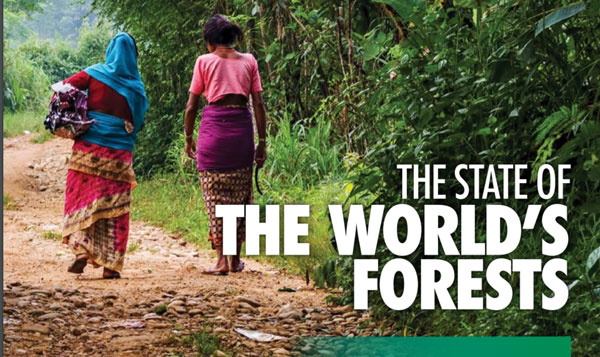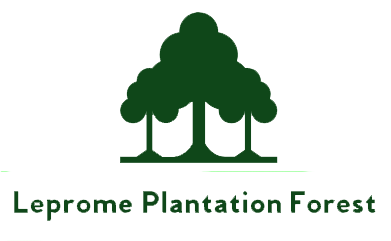
Forests and trees make vital contributions to both people and the planet, bolstering livelihoods, providing clean air and water, conserving biodiversity and responding to climate change.
Forests act as a source of food, medicine and fuel for more than a billion people. In addition to helping to respond to climate change and protect soils and water, forests hold more than three-quarters of the world’s terrestrial biodiversity, provide many products and services that contribute to socio-economic development and are particularly important for hundreds of millions of people in rural areas, including many of the world’s poorest.
As governments determine how best to commit national efforts to achieve transformational change, The State of the World’s Forests 2018 (SOFO 2018) by the Food and Agriculture Organisation of United Nations analyses the role that forests and trees – and the people who use and manage them – can play in helping countries achieve their objectives and bring about a brighter future.
SOFO 2018 shines a light on the profound interlinkages that exist between forests and many other goals and targets of the 2030 Agenda, enabling policymakers to strike the right balance in actions, investments and partnerships directed towards food security, poverty alleviation, ecological conservation and, ultimately, to find pathways to sustainable development.
Achieving the 2030 Agenda for Sustainable Development, including the 17 Sustainable Development Goals (SDGs), is a commitment made by countries to tackle the complex challenges we face, from ending poverty and hunger and responding to climate change to building resilient communities, achieving inclusive growth and sustainably managing the Earth’s natural resources.

